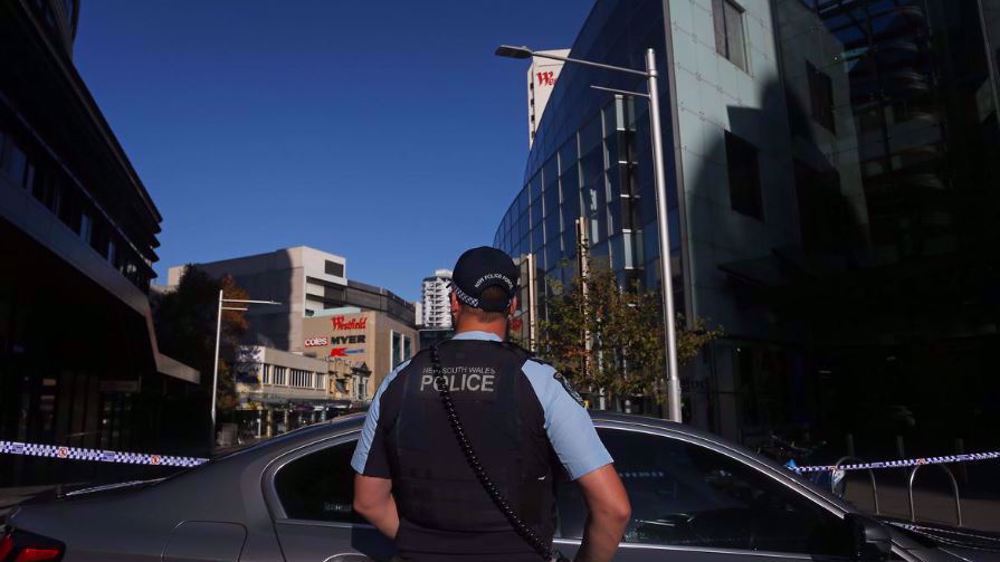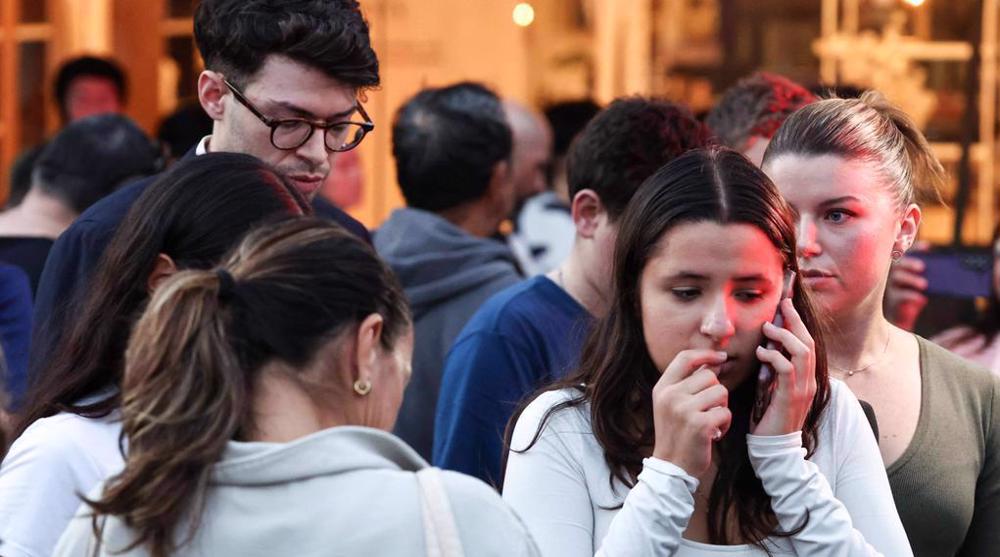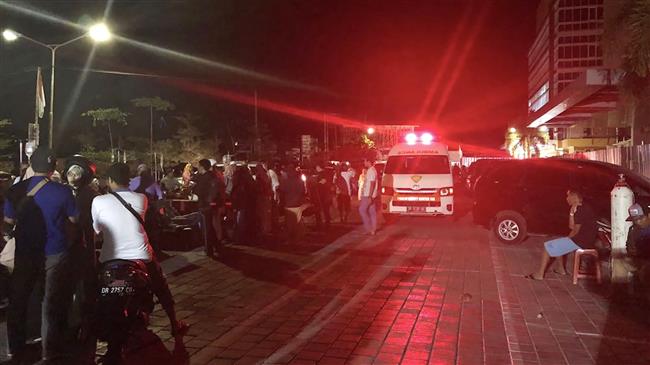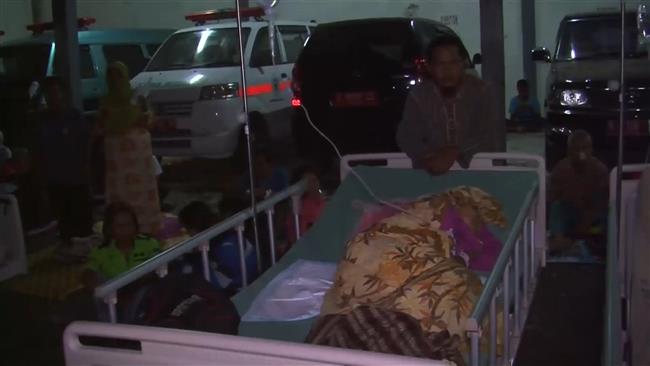Tourists flee Indonesia after quake kills 98
Scenes of destruction have greeted rescue workers across Indonesia's resort island of Lombok, after an earthquake of magnitude 6.9 killed at least 98 people and prompted an exodus of tourists rattled by the second powerful quake in a week.
The National Disaster Mitigation Agency (BNPB) said it expected the death toll to rise once the rubble of more than 13,000 flattened and damaged houses was cleared away.
Power and communications were severed in some areas, with landslides and a collapsed bridge blocking access to areas around the quake epicenter in the north. The military said it would send a ship with medical aid, supplies and logistics support.
In a message on social network Twitter, the Indonesian Red Cross said it helped a woman give birth after the quake at a health post. One of the names she gave the baby boy was 'Gempa', which means earthquake.
Lombok was hit on July 29 by a 6.4 magnitude quake that killed 17 people and briefly stranded several hundred trekkers on the slopes of a volcano.
The Indonesian Agency for Meteorology, Climatology and Geophysics (BMKG) said more than 120 aftershocks were recorded after Sunday evening's quake, whose magnitude the US Geological Survey (USGS) revised down to 6.9 from an initial 7.0. At that magnitude, it released more than five times the energy of the quake a week earlier, the USGS website showed.
The dead included no foreigners and there were 236 people injured, BNPB spokesman Sutopo Purwo Nugroho told a news conference.

The tremor was powerful enough to be felt on the neighboring island of Bali where, BNPB said, two people died. The first quake was also felt on Bali.
Nugroho said more than 20,000 people had been displaced.
Among them were residents of a northern village called Mentigi, who fled to nearby hills. Blue tarpaulins dotted the landscape as people prepared to spend the nights outdoors because of aftershocks or because their homes were destroyed.
The main hospital in the town of Tanjung in the north was severely damaged, so staff set up about 30 beds in the shade of trees and in a tent on a field to tend to the injured.
(Source: Reuters)
UN chief: Israel’s war turned Gaza into 'humanitarian hellscape'
Meta's WhatsApp challenged for complicity in Israel’s Gaza genocide
Iran, Jordan underline need to stop Israel’s genocidal war on Gaza
Iran’s response to Israel will be ‘immediate, at maximum level’: FM
Gaza: No place for children
Voters begin casting ballots in weeks-long election in India
Venezuela slams US over reimposition of 'criminal' oil sanctions
April 18: ‘Axis of Resistance’ operations against Israeli occupation













 This makes it easy to access the Press TV website
This makes it easy to access the Press TV website